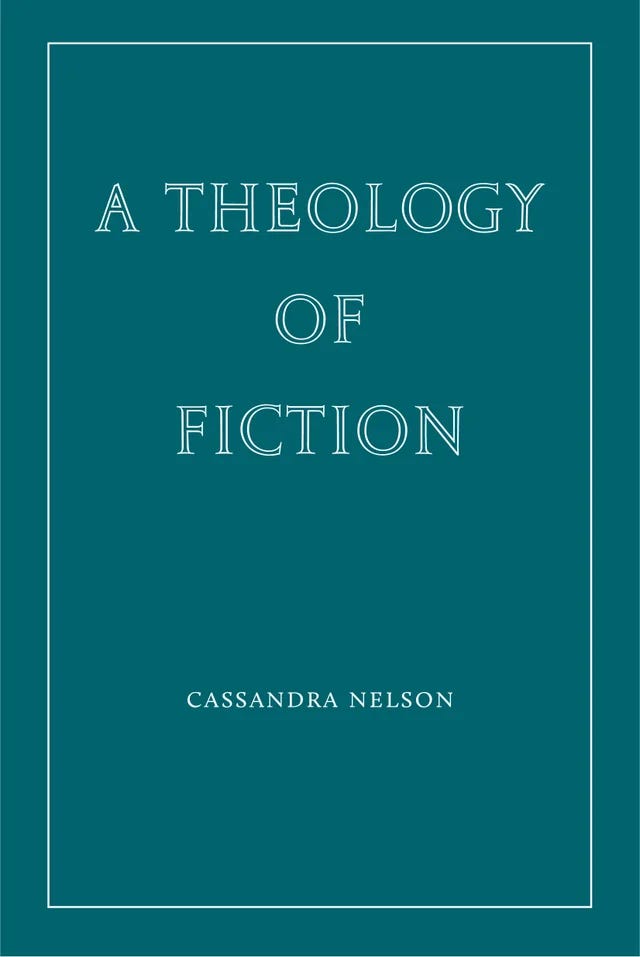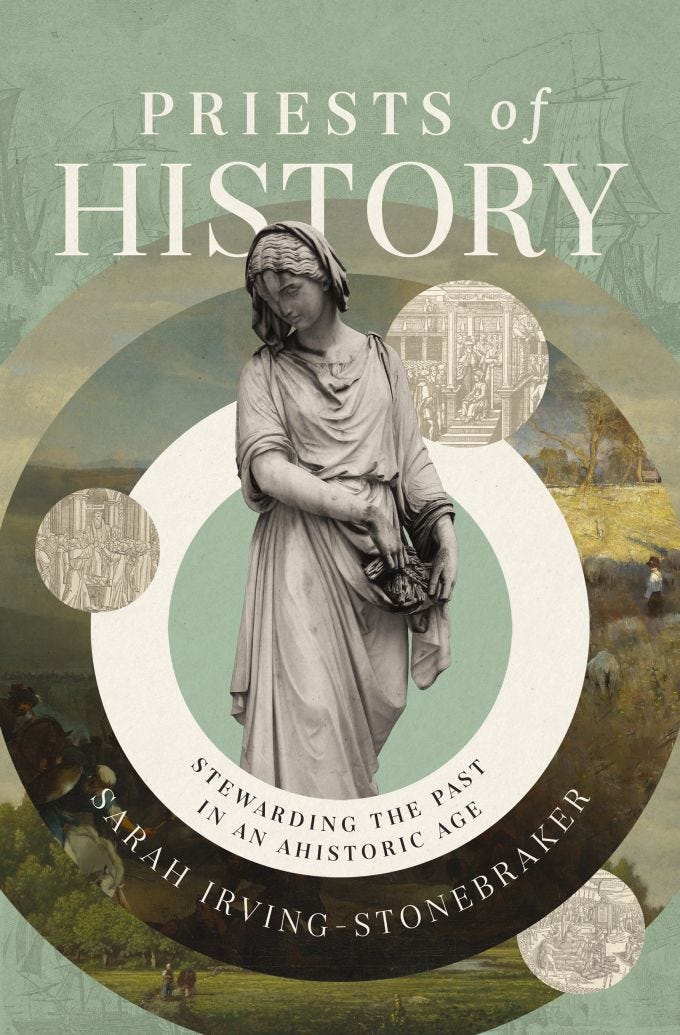
Book 2 of Thucydides has been a sort of sandwich of Pericles’s speeches with the plague as the unpleasant “meat” in the middle. First, we read the Funeral Oration, commemorating the Athenians who died in the first year of the war. In this speech, Pericles praised the Athenian democracy and the Athenians themselves for their strength of character and their ability to work together for the good of their state. But right after that, we went into the plague in Athens.
Considering that plagues in Greek mythology were routinely seen as divine publishment, the plague raised a natural question: Was Pericles’s praise of Athens (and the popular sentiments it reflects) an instance of pride rivaling the gods? The structure of the narrative is no accident, so at least we are left with the uncomfortable hint that Athenian pride has come before the fall—a temporary one, but still.
This week we’re discussing Book 2, sections 58-103 (pages 123-156 in this edition, if you’re using it). This brings us to the end of Book 2, roughly 25% through Thucydides!
Pericles’s Farewell
Now that the initial wave of the plague has subsided, we get the final speech of Pericles, in which he responds to the citizens’ anger against him, blaming him for the war and the plague. In this speech, Pericles largely stands by his previous praise of the democracy. Yet he also says something curious about the Athenian empire and the Athenian supremacy on sea. It appears that some citizens, weary of the war, were ready to just throw in the towel and end the war:
Again, your country has a right to your services in sustaining the glories of her position. There are a common source of pride to you all, and you cannot decline the burdens of empire and still expect to share its honors. You should remember also that what you are fighting against is not merely slavery as an exchange for independence, but also loss of empire and danger from the animosities incurred in its exercise. Besides, to recede is no longer possible, if indeed any of you in the alarm of the moment has become enamored of the honesty of such an unambitious part. For what you hold is, to speak somewhat plainly, a tyranny; to take it perhaps was wrong, but to let it go is unsafe.
Considering that Pericles himself was the leader of Athenian expansion into a bona fide empire, this is effectively admitting his own moral fault. “To take it perhaps was wrong” sounds like a punch in the gut! And yet, there is also no denying that for any empire, “to let it go is unsafe.” Subsequent world history has repeatedly confirmed Thucydides’s (or, perhaps, originally Pericles’s) generalization here. To hold an empire usually means to rest uneasy, unable to let it go.
Remember what Thucydides has told us earlier about the nature of speeches in his history—some he reports verbatim, and others are simply what he thought should have been said on that occasion. And he never tells us which one it is. And so, we’re left with this uncomfortable suspicion that perhaps this speech of Pericles is a little too neat, too tied up with a bow.
In the meanwhile, we’ve zoomed through two years since the Funeral Oration. Book 2 ends with the dramatic formulaic pronouncement:
And so ended this winter, and the third year of this war, of which Thucydides was the historian.
Next week: Because of Father’s Day, I will post something special for the occasion, taking a week off from Thucydides. But Book 3 is on the short side, so you’re getting two weeks to read it in its entirety. We’ll cover it in one week when we get back to the Slow Read in two weeks (pages 159-219 in this edition, if you’re using it).
Elsewhere This Week
I enjoyed the chance to read and review Peter Stothard’s new biography of the Augustan poet Horace. People are complicated, and poets more so than most.
In my latest for Institute for Family Studies, I make the case for parents making sure to teach kids some basic housekeeping skills (cooking, cleaning, laundry) before they leave home.
Recent Great Reads
How do we think about this world while remembering that we are called to be not of it? Cassandra Nelson is a beautiful writer, and this very short book packs quite the punch in considering how we can approach literature—works of fiction—theologically. While her interest is especially on Catholic fiction—and a Catholic incarnational view of fiction—I found much that transfers to how I think about reading literature, old and new, as a conservative evangelical.
I had read this book earlier, but I appreciated the chance to engage with it in more detail through writing an academic book review—I was asked to review it for Christian Higher Education. What is our “Ahistoric Age”? Irving-Stonebraker defines it as follows, and argues that along with the iPhone, it took off in our world—and in our churches—right around 2010:
“1. We believe that the past is merely a source of shame and oppression from which we must free ourselves.
2. We no longer think of ourselves as part of historical communities.
3. We are increasingly ignorant of history.
4. We do not believe history has a narrative or a purpose.
5. We are unable to reason well and disagree peaceably about the ethical complexities of the past—that is, the coexistence of good and evil in the same historical figure or episode.”
Irving-Stonebraker identifies a real problem in this book, but she also offers real solutions. They amount to Christians thinking more consciously about their history, rather than dwelling entirely on the present. Our culture is in many ways post-Christian, so if we focus largely on it, our way of thinking becomes that as well.





